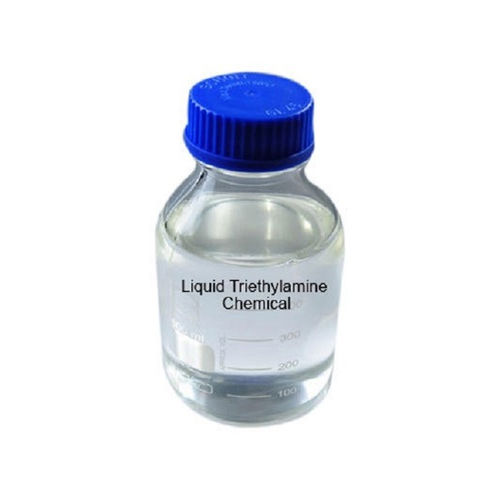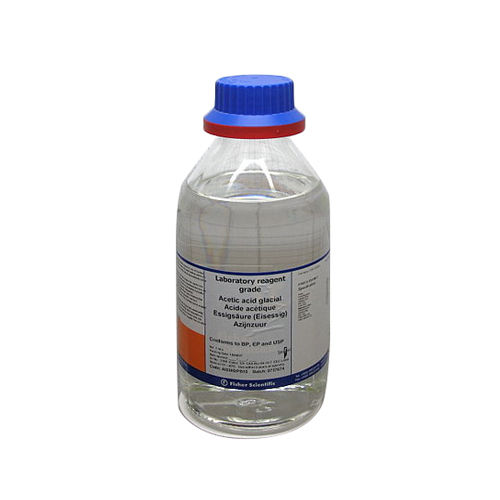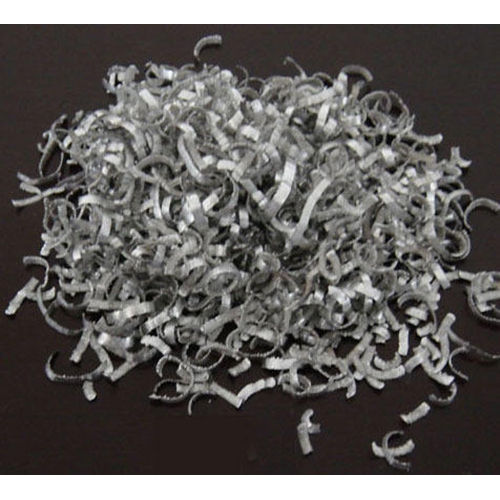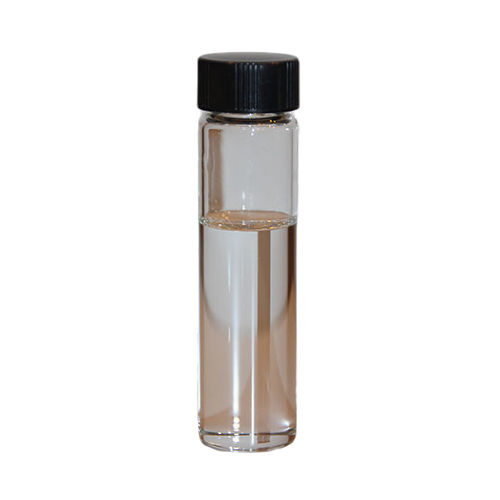Mon-Sat:10.00am to 7.00pm
Mon-Sat:10.00am to 7.00pm
Potassium Chloride Powder
Product Details:
Potassium Chloride Powder Price And Quantity
- 85.00 - 110.00 INR/Kilograms
- 110 INR/Kilograms
- 20000 Kilograms
Potassium Chloride Powder Trade Information
- 10000 Kilograms Per Week
- 1 Week
- Nagaland Dadra and Nagar Haveli Haryana Maharashtra Odisha Kerala Chandigarh Mizoram Punjab South India Andaman and Nicobar Islands Uttar Pradesh Pondicherry Arunachal Pradesh Rajasthan Goa Gujarat Jammu and Kashmir Sikkim Himachal Pradesh West Bengal East India Madhya Pradesh Manipur Jharkhand Assam Central India Lakshadweep Bihar Meghalaya Tamil Nadu Chhattisgarh West India Uttarakhand Telangana Andhra Pradesh Daman and Diu Karnataka Delhi Tripura North India All India
Product Description
Potassium chloride can be produced through the evaporation of brine, or by mining naturally occurring deposits of potassium minerals such as sylvite and langbeinite. It can also be produced synthetically through a process of electrolysis.
FAQ
1. What uses are there for powdered potassium chloride?
Ans - Low potassium levels in your body can be prevented and treated with POTASSIUM CHLORIDE (poe TASS I um KLOOR ide). Your kidneys, heart, muscles, and nervous system all depend on potassium for good health.
2. Where is potassium chloride best suited for use?
Ans - Low potassium levels in the blood can be prevented or treated using potassium chloride (hypokalemia). Potassium levels can become low due to illness, medication side effects, or after a protracted illness accompanied by diarrhoea or vomiting.
3. What is the safety of potassium chloride?
Ans - Customers may be sure they are selecting a safe, healthy component when they choose food products prepared using potassium chloride instead of sodium chloride for sodium reduction purposes.
4. What are potassium chloride's most frequent negative effects?
Ans - Similar adverse effects are frequently experienced when taking potassium supplements like potassium chloride (Klor-Con), including nausea, vomiting, bloating, abdominal pain or discomfort, and diarrhoea. The negative effects should be lessened by taking it with food and drinking lots of water.

 English
English Spanish
Spanish French
French German
German Italian
Italian Chinese (Simplified)
Chinese (Simplified) Japanese
Japanese Korean
Korean Arabic
Arabic Portuguese
Portuguese




